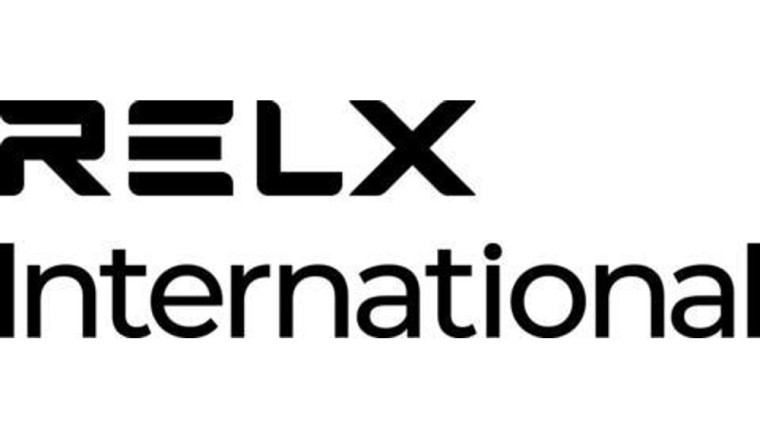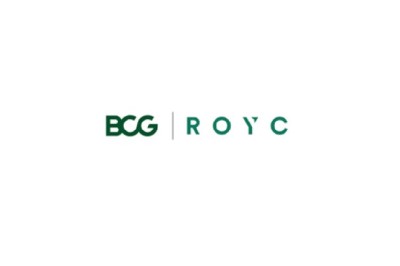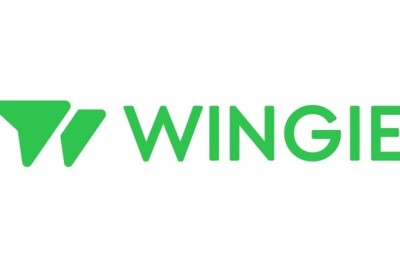
RIYADH, Saudi Arabia — RELX International, a responsible multinational electronic cigarette company, is cautioning authorities against increasing the customs duties levied on e-cigarette products.
A move on this would make these safer smoking alternatives as expensive as tobacco cigarettes. Increased taxation could spur the growth of black-market activities, put consumers’ health at risk, reduce government tax income, and make the city/country a less attractive option for investment and entrepreneurship.
In recent years scientific research, as well as national healthcare providers, including the United Kingdom’s National Health Service (NHS), have recognised e-cigarette products as a safer alternative to tobacco cigarettes, and have highlighted their use as a ‘stop smoking aid’[1]. In contrast, the World Health Organisation warns that tobacco kills up to half of its users, and is responsible for the deaths of more than eight million people per year [2]. Tobacco cigarette smoking can also put a strain on public healthcare systems and government funds, due to its link with diseases such as cancer, heart disease, and COPD [3].
Considering the mounting evidence that showcases e-cigarettes are a safer alternative and/or a tool for consumers to quit smoking altogether, it’s logical that authorities maintain a lower tax rate compared to tobacco products. This would align with global best practices in terms of taxes associated with high-risk vs. low-risk products. For example, taxes are steeper on higher-risk hard liquor compared to beer or wine and, likewise, sugar-rich beverages are taxed more than healthier alternatives.
Global research also reveals that taxes levied to push people away from alcohol and cigarettes (also known as Sin Tax) mostly hits people who can least afford to pay it [4]. This means that this taxation conflicts with one of the eight Principles of Harm Reduction, which “Calls for the non-judgmental, non-coercive provision of services and resources to people who use drugs and the communities in which they live in order to assist them in reducing attendant harm” [5].
Robert Naouss, External Affairs Director at RELX International, says “RELX International believes legal-age consumers have the right to access less harmful alternatives to combustible cigarettes, rather than being forced to continue with the latter or relapsing into old habits/products. In the same vein, it’s important they are not pushed into considering the use of black-market products, purely because they are a less expensive alternative to those available via legal, regulated channels.”
Products smuggled into countries and sold via the black-market are unregulated and of questionable quality, as per the US Food & Drug Administration department. These products can even find their way into the hands of young people and can cause major health issues [6]. In scenarios such as this, governments must contend with a loss of tax revenue on individual products, while also dipping into financial reserves to fund health facilities that address smoking related diseases. Authorities should also consider that taxation and the growth of illicit trade has the potential to drive away investors and entrepreneurs, who wish to enter the market and create employment opportunities, further impacting government income and the economy.
RELX International believes it is in the authorities’ best interest to take a measured approach to taxing e-cig products, so consumers can continue to have the option of safer, accessibly priced alternatives to tobacco products.



















Facebook Conversations
Disqus Conversations